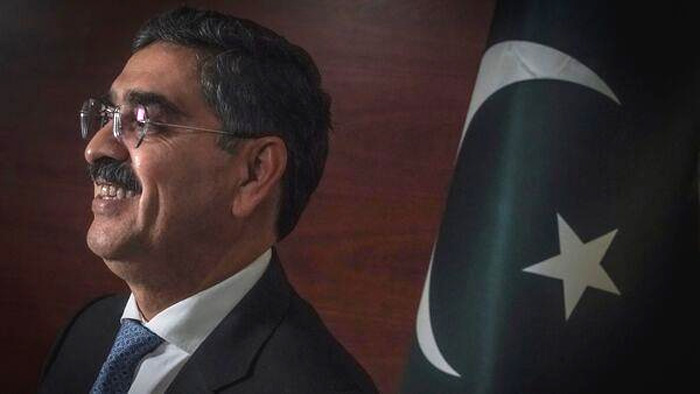‘Pakistan’s economic model no longer reduces poverty’: World Bank’s warning
Ahead of the impending election in Pakistan, the World Bank on Saturday issued a warning to the incoming government that the international lenders and development partners can provide advice or financial aid but the crucial decisions must be made by the country itself.
The country director for the World Bank in Pakistan, Najy Banhassine, said in an interview about an overview of reforms for a brighter future: Time to Decide, “Policy decisions are heavily influenced by strong vested interests, including those of military, political and business leaders.”
“It is also facing a ‘silent’ human capital crisis: abnormally high child stunting rates, low learning outcomes, and high child mortality,” Najy said, adding that Pakistan’s economic model no longer reduces poverty. He added that it was very concerning that poverty reduction successes until 2018 had been reversed since.
The World Bank official pointed out that the country is struggling with mounting woes and economic hardships, including inflation, rising electricity prices, severe climate shocks, and insufficient public resources to finance.
According to the World Bank, Pakistan has experienced an average real per capita growth rate of just 1.7 per cent between 2000 and 2020. This falls far short of the average per capita growth rate seen in South African countries during the same period.
Additionally, the human development indicators in Pakistan are notably behind those of other South Asian nations and are comparable to several sub-Saharan African countries.
The World Bank has put forth a proposal aimed at transforming existing policies. This transformation involves moving away from underfunded, inefficient, and disjointed service delivery and social protection systems towards coordinated, efficient, and adequately financed service delivery.
The proposal is targeted at the most vulnerable — in particular, to reduce abnormally high child stunting rates and to increase learning outcomes for all children, especially girls. It also advised a shift from wasteful and rigid public expenditures benefiting a few, towards tightly prioritised spending on public services, infrastructure, and investments in climate adaptation, benefiting populations most in need.


Comments are closed.